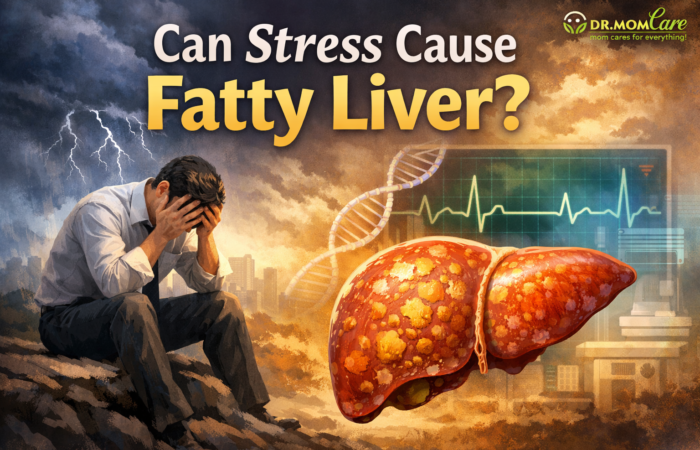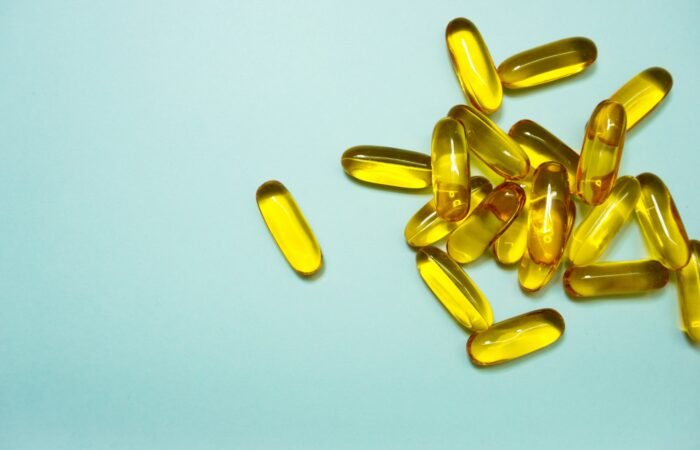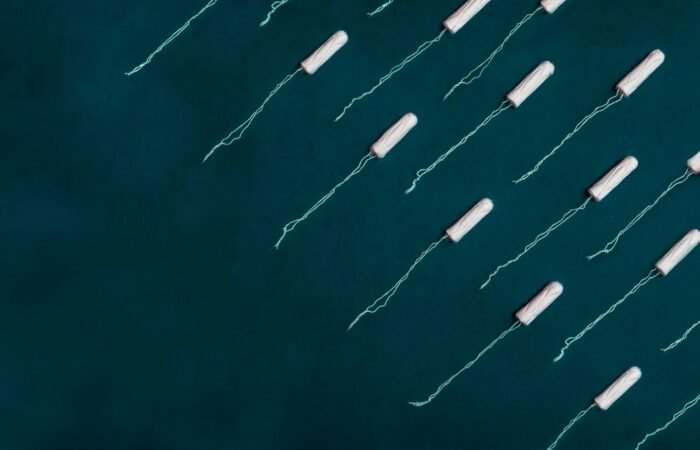
Premature ejaculation (PE) is one of the most frequently reported male sexual disorders—affecting men across age groups and lifestyles. While psychological stress, hormonal imbalances, and performance anxiety are commonly blamed, many overlook an everyday habit that might silently contribute to the issue: smoking.
If you’ve ever wondered, can smoking cause premature ejaculation, the answer isn’t just a simple yes or no. Understanding the connection between smoking and sexual function requires a deeper look into how nicotine and other harmful substances affect the male reproductive system.
Can Smoking Cause Premature Ejaculation?
Premature ejaculation is clinically defined as:
- Ejaculation that occurs within one minute of penetration (or sooner than desired)
- Inability to control or delay ejaculation
- Emotional distress, frustration, or interpersonal difficulties caused by the condition
While it’s common for occasional early climax to occur, persistent and recurring premature ejaculation may indicate an underlying physical or psychological issue.
Short answer: Yes, smoking can contribute to premature ejaculation, both directly and indirectly.
Tobacco use affects multiple systems in the body—cardiovascular, neurological, hormonal—and each of these plays a vital role in maintaining sexual performance and ejaculatory control. Let’s explore how.
How Smoking Contributes to Premature Ejaculation
1. Reduced Blood Flow to Genital Organs
Nicotine causes blood vessels to constrict, reducing circulation throughout the body. Over time, this leads to poor oxygen and nutrient delivery to reproductive organs, affecting arousal, erection, and stamina. While erectile dysfunction is more widely discussed, poor blood flow can also affect the nervous control involved in ejaculation.
2. Hormonal Disruption
Smoking is known to lower testosterone levels. This hormone plays a critical role in libido, sexual stamina, and arousal regulation. Low testosterone may increase sexual sensitivity while decreasing sexual satisfaction, both of which are linked to premature m.
3. Increased Anxiety and Stress
Nicotine gives a temporary calming effect, but long-term smoking is associated with higher levels of anxiety and stress—two of the most common psychological triggers of PE. Chronic smokers may also experience performance anxiety, which further accelerates ejaculation during intercourse.
4. Neurological Impact
Smoking affects the central nervous system, which regulates sensory responses and reflexes during sex. Studies suggest that chronic tobacco use can interfere with neurotransmitter function, especially serotonin and dopamine—both crucial for ejaculatory control.
5. Impaired Pelvic Floor Function
Strong pelvic floor muscles are essential for delaying ejaculation. Smoking reduces oxygen supply to muscles, including those in the pelvic region. Over time, this can weaken muscular control and increase the risk of premature release.
What Does Research Say?
Several studies have examined the connection between smoking and male sexual dysfunction:
- A 2015 study published in Andrologia found that smokers had a higher prevalence of premature ejaculationcompared to non-smokers.
- Another study published in the Journal of Urology indicated that quitting smoking led to improvements in ejaculatory control and sexual satisfaction among men with chronic PE.
- Research also shows that smokers are more likely to suffer from other related issues like erectile dysfunction and decreased semen quality, both of which are symptoms of broader reproductive stress.
Quitting Smoking: A Natural Step Toward Better Ejaculatory Control
If smoking is even partially contributing to PE, quitting or reducing tobacco use can bring measurable benefits to your sexual health. Here’s what improves when you stop smoking:
- Enhanced blood circulation
- Balanced hormone production
- Improved nerve sensitivity and response
- Reduced stress and anxiety
- Improved lung capacity and stamina during physical activity, including sex
Many men report better control and confidence within weeks of reducing or quitting tobacco.
Additional Lifestyle Tips to Manage PE Alongside Quitting Smoking
To further support recovery from premature ejaculation, consider the following habits:
- Practice pelvic floor exercises (Kegels) to strengthen the muscles involved in ejaculation
- Use behavioral techniques like the start-stop or squeeze method during sex
- Adopt a balanced diet rich in antioxidants, healthy fats, and zinc
- Stay physically active to improve blood flow and hormone balance
- Seek therapy or counseling if performance anxiety is a trigger
Final Verdict: Can Smoking Cause Premature Ejaculation?
Yes—smoking can be a contributing factor to premature ejaculation.
It affects blood flow, hormone levels, nerve sensitivity, and mental health, all of which are essential for maintaining ejaculatory control. While smoking alone may not be the sole cause of PE, it can exacerbate existing issues or trigger them over time.
The good news is that the damage is often reversible. Quitting smoking and making supportive lifestyle changes can significantly improve not only your general health but also your sexual performance and satisfaction.
Summary
- Smoking reduces blood flow, disrupts hormones, and impacts nervous system regulation
- These effects can contribute directly or indirectly to premature ejaculation
- Studies show that men who quit smoking often see improvements in ejaculatory control
- Lifestyle support such as exercise, stress management, and pelvic floor training further enhances recovery
Tags:
Subscribe To Get Update Latest Blog Post
No Credit Card Required









Leave Your Comment: